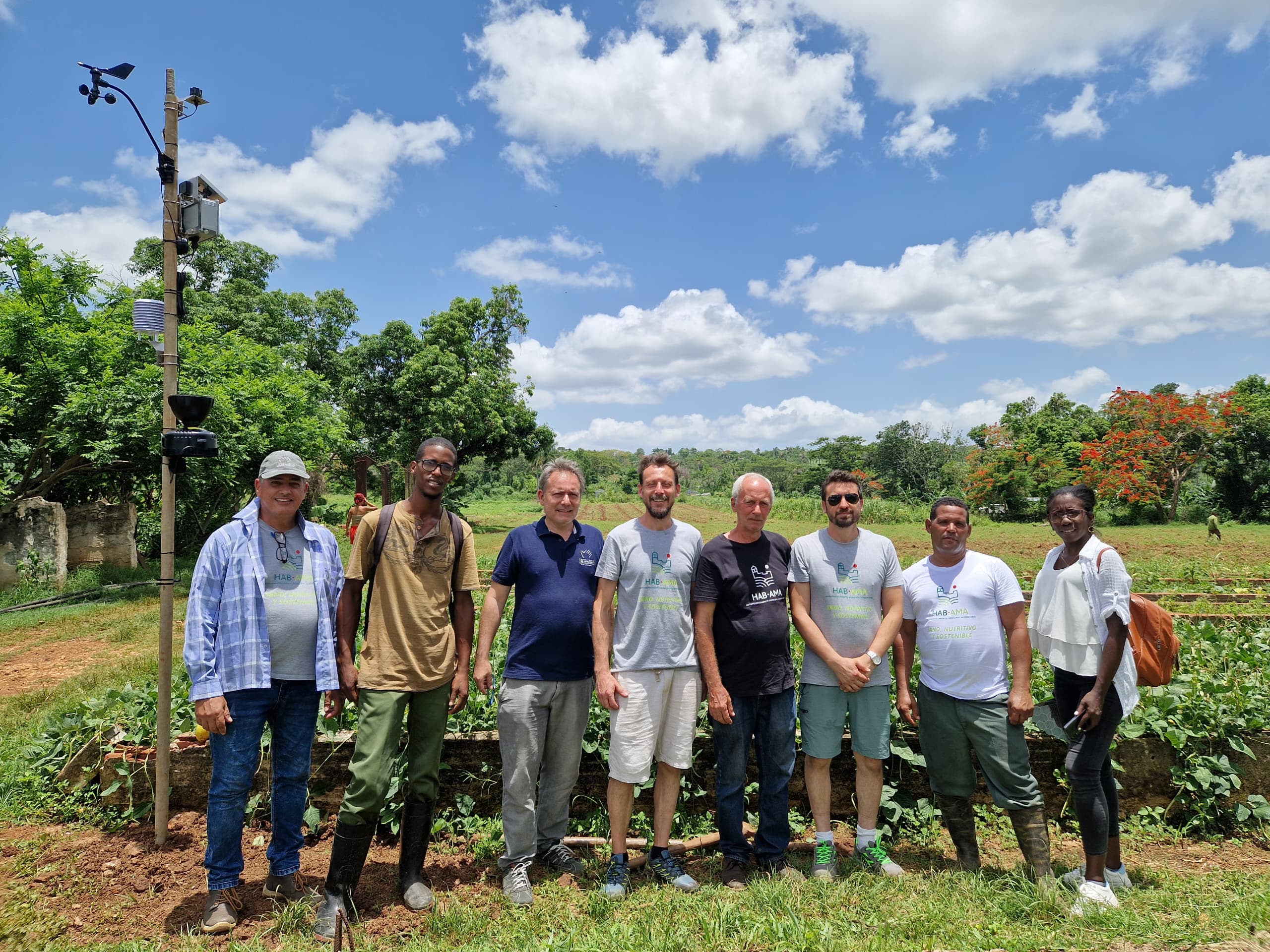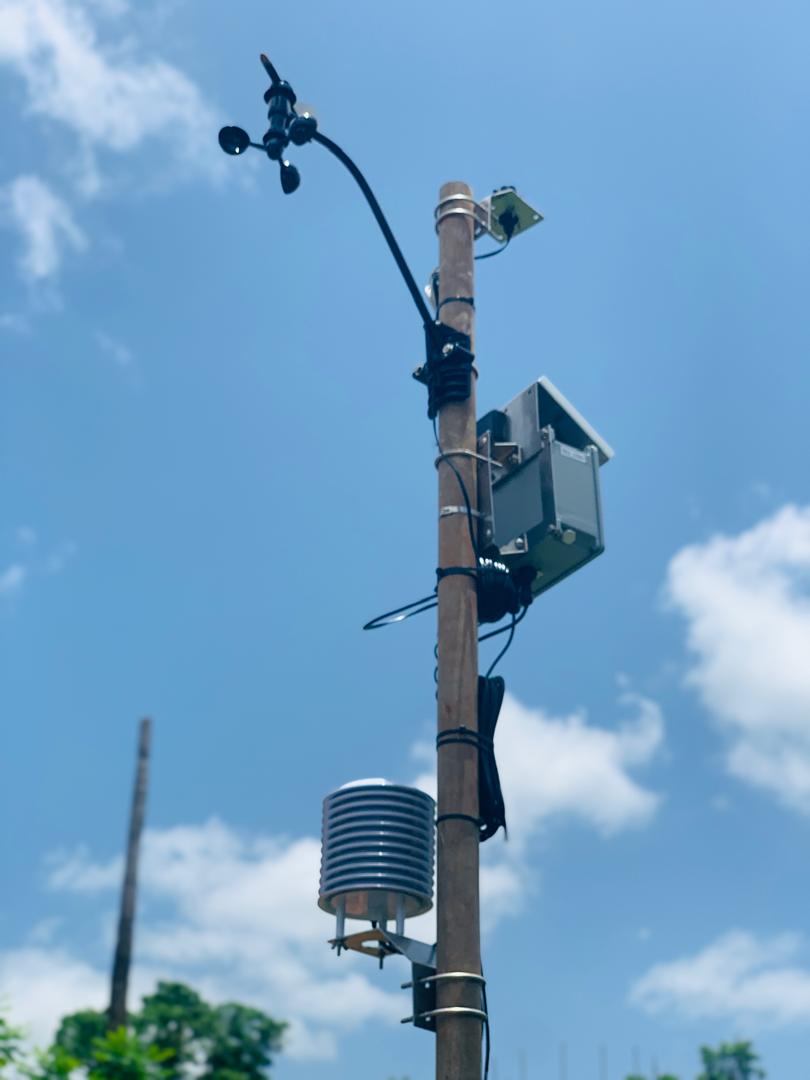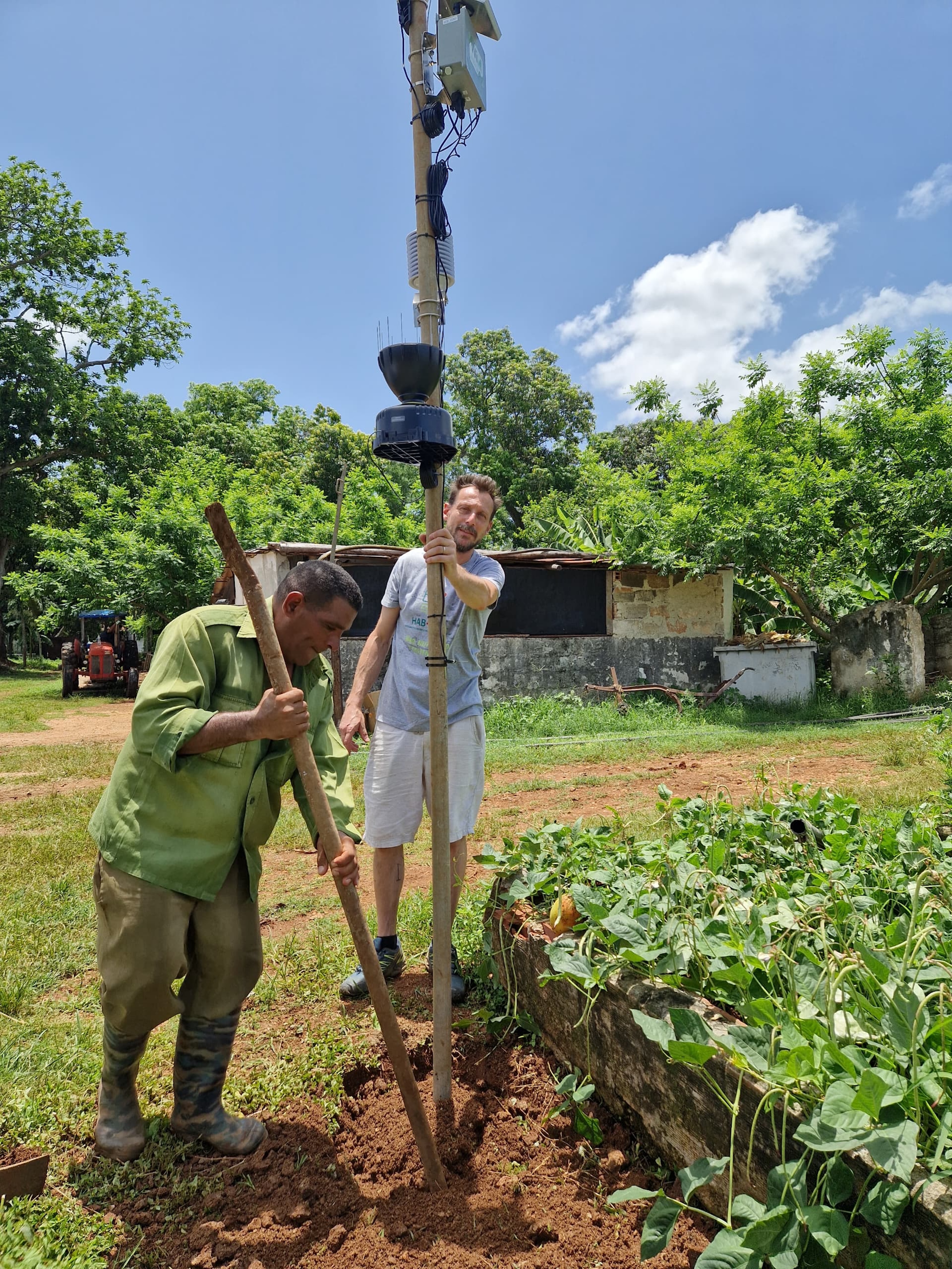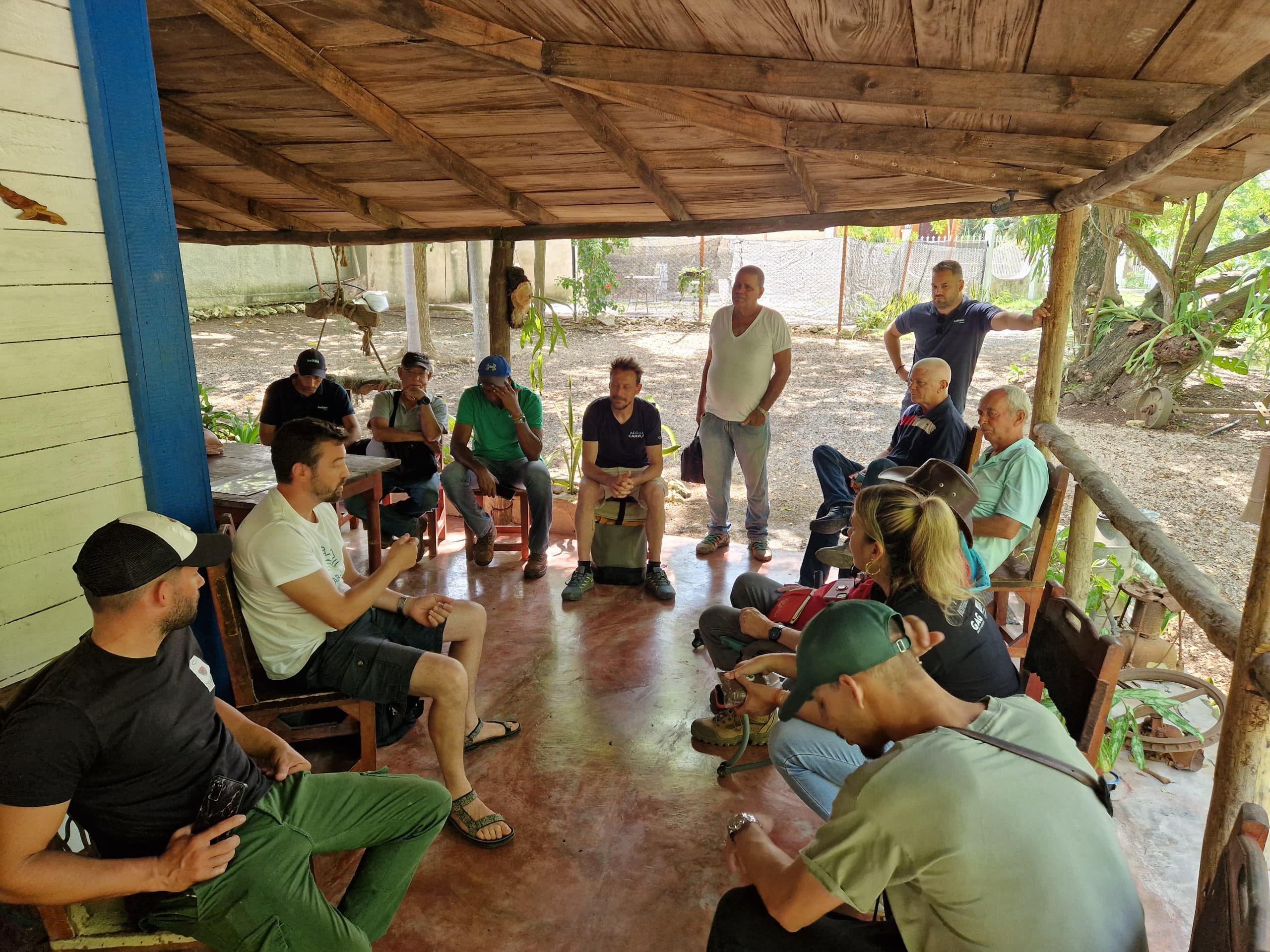On the occasion of the 2022 and 2023 editions of MACFRUT, the most important international trade fair in the fruit and vegetable sector held in Rimini, the Italian Cooperation launched a strategic partnership with the Consortium for the Emilia-Romagna Canal (CER). This collaboration led to the development and implementation of the “Acqua Campus Cuba” project, aimed at promoting innovations in water resource management for irrigation, as part of the sustainable agriculture initiatives promoted by the Italian Ministry of Foreign Affairs and International Cooperation (MAECI) and implemented through the Italian Agency for Development Cooperation (AICS) in Cuba.
Specifically, the intervention developed by CER benefits from the technical and institutional support of AICS and the collaboration of the Cuban Institute of Tropical Fruit Growing (IIFT). The project contributes to the strategic objectives of the bilateral initiative Hab.AMA – Food Self-Sufficiency and Development of Sustainable Economic Initiatives, which has been implemented in Cuba by the Italian Cooperation since 2020.
The intervention strategy involves the installation of agricultural demonstration sites based on precision irrigation technologies – pilot plots – collectively referred to as “ACQUA CAMPUS Cuba”. These demonstration fields are being integrated into the production systems of four agricultural enterprises supported by the Hab.AMA initiative, representing different types of agribusinesses in the suburban area of Havana.
In line with the Cuban Government’s food self-sufficiency goals, ACQUA CAMPUS Cuba aims to disseminate best practices in rational water management to improve the competitiveness and sustainability of the agricultural sector, while also increasing crop yields and resilience to climate change among the participating farms. Each demonstration site will feature irrigation systems with varying levels of technology, tailored to the specific production characteristics of the beneficiary farms.
In the medium to long term, the intervention will improve water use efficiency (measured in kilograms of food produced per cubic meter of water used) and the overall sustainability of water resources. It introduces large-scale technological and management innovations that enable food production based on a more rational use of water, supported by monitoring technologies and irrigation advisory services.
“During the 2023 edition of MACFRUT, Hab.AMA project experts, Cuban institutional representatives, and producers learned about the Acqua Campus technologies and proposed collaborating to create four demonstration areas in Cuba. This is the first time CER has applied this technology in an Italian cooperation project—until now, we had worked mainly in the Global South with other institutions,” said Raffaella Zucaro, General Director of CER, who coordinated the project.
Thanks to IoT sensors and agro-environmental monitoring stations, the project collects key data on climate, soil moisture, and other essential parameters for efficient water management, providing what CER experts call “Irrigation Advice.” This approach achieves water use efficiency rates between 80% and 95%, surpassing traditional methods by tailoring irrigation to the specific needs of each farm.
The new irrigation systems have been implemented at the INIFAT research center and at three production sites: “Finca Si Se Puede”, “La Yohandra”, and “Las Piedras”, representing a variety of agri-food business models in the suburban area of Havana. These sites form the core of ACQUA
CAMPUS Cuba, a pilot model of agricultural innovation designed for replication in other regions of the country.
“This is a concrete example of how the Italian System can contribute to sustainable development at the international level, through synergy between public institutions, research, and cooperation. The collaboration with CER enriches the Hab.AMA project by bringing advanced technological solutions to reduce agriculture’s impact on water resources and promote sustainable production models tailored to local contexts,” said Antonio Festa, Director of the AICS Office in Havana.



